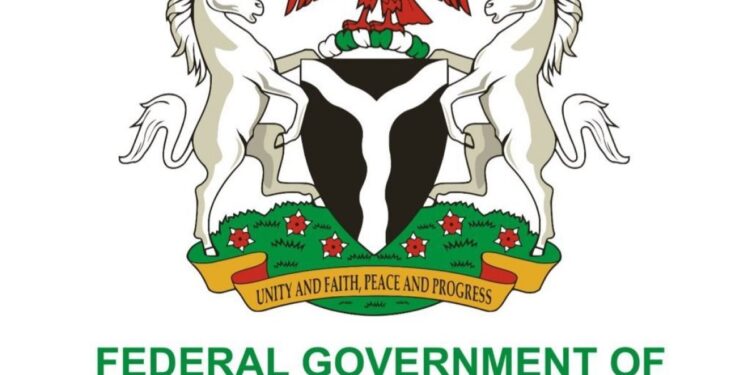Federal government reported a fiscal deficit of N4.53 trillion in the second quarter of 2024, up from N3.88 trillion in the previous quarter, as shown in the Central Bank of Nigeria’s (CBN) recent economic report. The deficit underscores the government’s struggle to balance expenses with revenue, as it continues to grapple with underperforming revenue streams and rising financial obligations.
Factors Driving the Deficit
While the government’s revenue saw a slight increase, reaching N2.3 trillion in Q2 2024, it still fell 52.49% short of its projected target for the period. This significant shortfall has intensified the government’s reliance on deficit financing, where the gap between revenue and spending is often filled by borrowing, further adding to the national debt burden.
The report highlights that the devaluation of the naira increased foreign exchange earnings, yet Nigeria’s expenditure surged to N6.83 trillion—driven largely by interest payments on existing debt. Recurrent expenses dominated, accounting for 89.7% of government spending, while capital projects represented just 3.66% of expenditures, and transfer payments made up 6.37%.
Rising Debt and Fiscal Concerns
The growing budget deficit has sparked concerns over Nigeria’s dependence on borrowing to cover government obligations and manage debt payments. Elevated interest rates and inflationary pressures continue to strain the government’s fiscal balance. Policymakers warn that if revenue shortfalls persist, the budget gap may further widen, potentially limiting Nigeria’s capacity to invest in long-term economic growth and development.
Policy Adjustments and Future Outlook
Under President Tinubu’s administration, the government has pledged to avoid relying on the Central Bank’s Ways and Means facility—a tool previously used to address revenue gaps through direct loans from the CBN. This policy shift aims to instill fiscal discipline by curbing money supply increases that could worsen inflation.
During the Monetary Policy Committee (MPC) meeting in September, CBN officials expressed significant concern over the expanding fiscal deficit and its implications on Nigeria’s economy. MPC members emphasized that sustained fiscal imbalances could constrain national resources and hinder the government’s ability to pursue vital economic projects.
As Nigeria continues to navigate inflation and foreign exchange challenges, the government’s fiscal strategy will play a critical role in managing debt and fostering economic stability.









